Survey shows Aussies’ love and concern for Great Barrier Reef
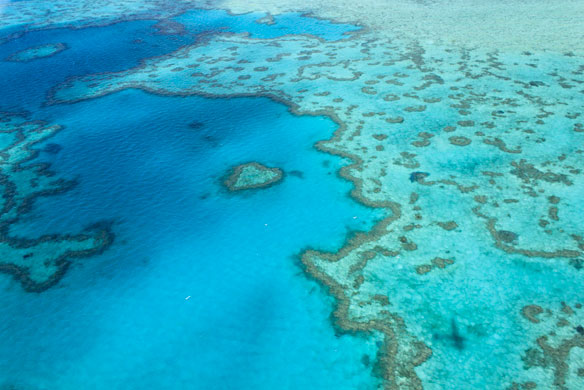
A James Cook University researcher has found more than three quarters of Australians regard the Great Barrier Reef as part of their national identity and nearly 90 per cent believe it is under threat from climate change.
The Great Barrier Reef Like You’ve Never Seen It Before
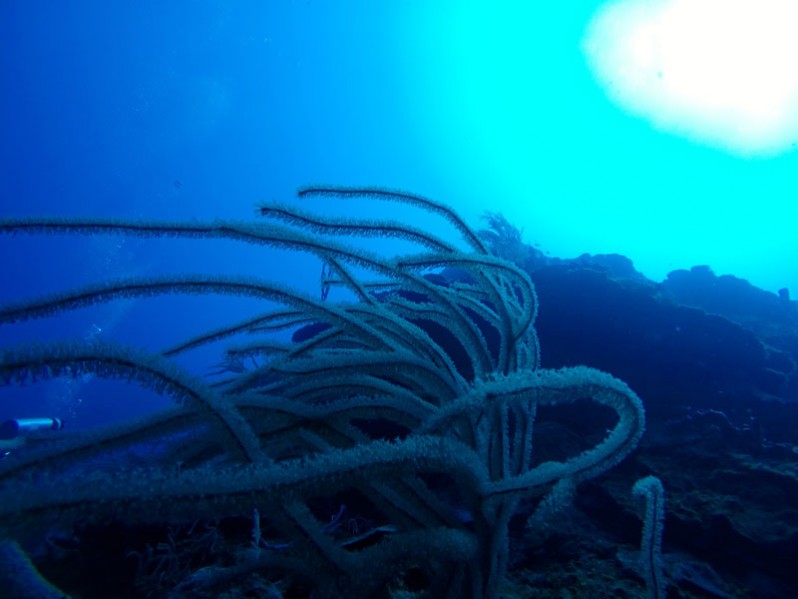
Sir David Attenborough uses new technologies to create an interactive journey, highlighting the perils of climate change.
NASA’s CORAL Campaign Will Raise Reef Studies to a New Level
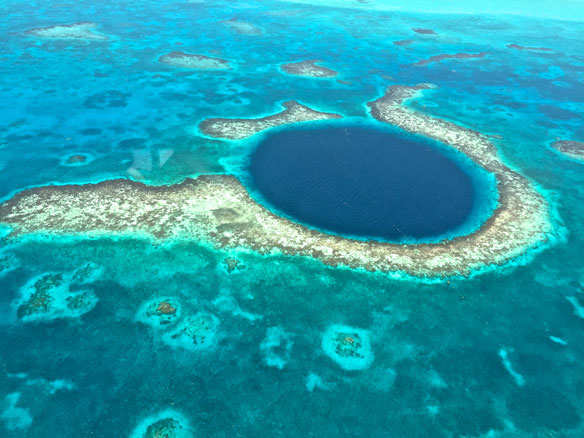
Coral reefs, sometimes called the rainforests of the sea, are home to a quarter of all ocean fish species. They protect shorelines from storms and provide food for millions of people, yet very little of the world’s reef area has been studied scientifically.
Rice and palm oil risk to mangroves
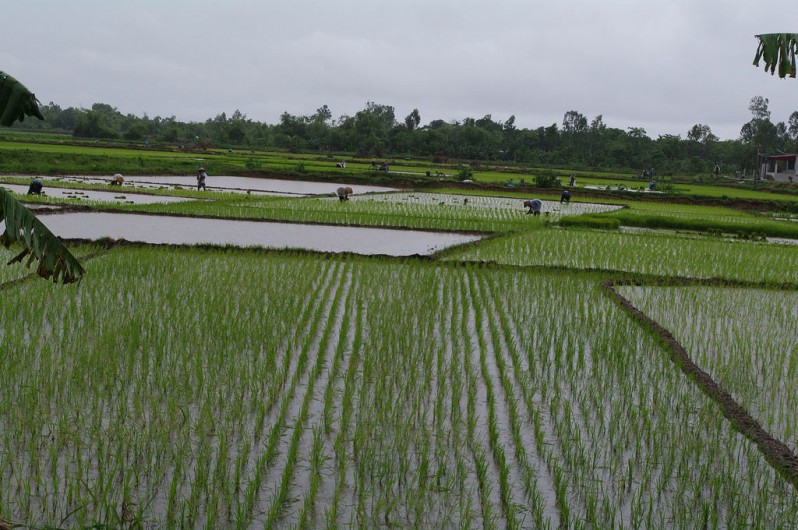
The threat posed by the development of rice and palm oil plantations to mangroves in South-East Asia has been underestimated, a study has suggested. Rice and oil plantations accounted for 38% of mangrove deforestation between 2000 and 2012, the research showed.
March of the mangroves good news for blue carbon storage
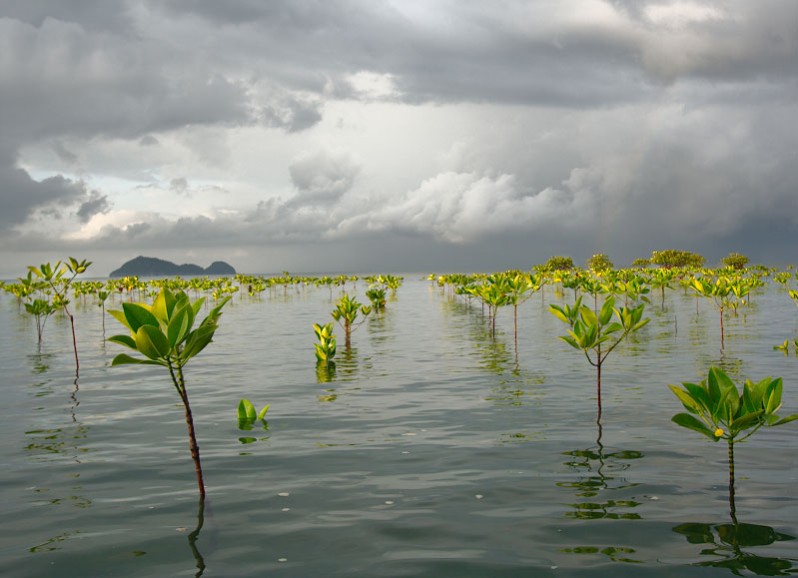
The carbon capture and storage capacity of wetland vegetation, known as blue carbon, makes coastal habitats some of the most carbon rich ecosystems on the planet. A new study by Australian environmental scientists investigating the impact of shifts in coastal vegetation over a 70 year period, provides unique insight into how blue carbon stocks change.
Sixty years on, Attenborough back to Great Barrier Reef for new series

British naturalist Sir David Attenborough first visited Australia’s Great Barrier Reef in 1957, scuba-diving in its crystal clear waters along with an array of species. Nearly 60 years later, the 89-year-old returns to the world’s largest coral reef for a new television series, exploring the spectacular ecosystem.
Coral reefs could be more vulnerable to coastal development than predicted
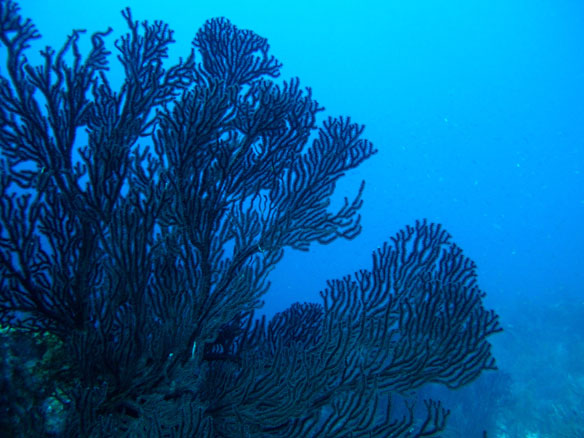
For years, many scientists thought we had a secret weapon to protect coral reefs from nutrients flushed into the seas by human activity. But a new study sheds doubt on that idea, underscoring the importance of sustainable growth in coastal areas.
Great Barrier Reef Protecting Against Landslides, Tsunamis
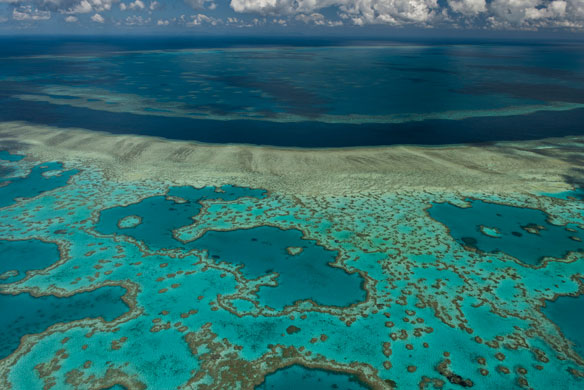
The world-famous Australian reef is providing an effective barrier against landslide-induced tsunamis, new research shows.
Preserving Mangroves Provides Protection and Food Security
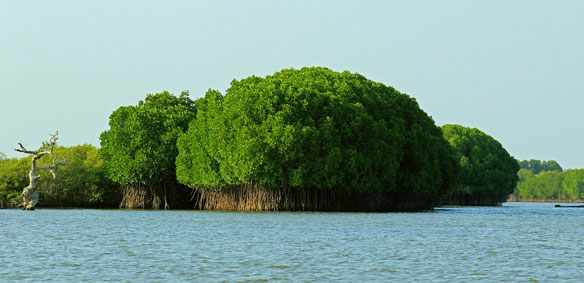
The aerial roots of the mangroves regulate tides and nurture the silt in the coastal ecosystem thereby sustaining diverse varieties of fish and crops…
